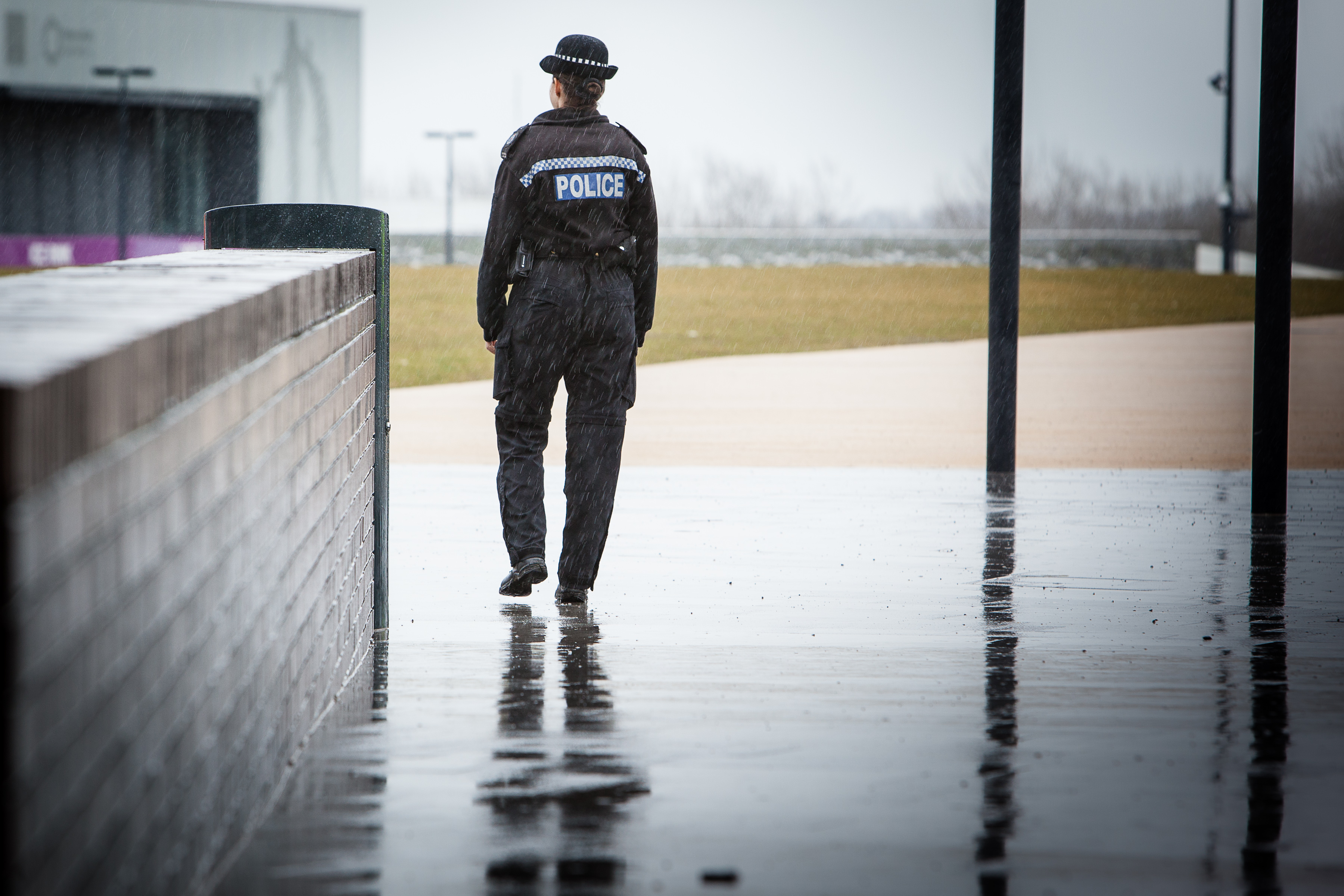Report highlights harsh reality of policing on the frontline
A BBC report which highlights the harsh reality that budget cuts are having on frontline policing should stand as a ‘stark reminder to government’, argues National Chair John Apter.
The report revealed that there were barely enough officers to meet the demand on a busy Saturday night in Hartlepool, with two officers having to drive 15 miles to take a prisoner to Middlesborough custody suite simply because the Hartlepool suite was not staffed.
In response to the report PFEW National Chair, John Apter, said: “The struggles officers are facing in Hartlepool sadly reflects the state of policing across the whole of England and Wales.
“We simply cannot go on like this and forces not having enough resources to police a town on a busy Saturday night has sadly become commonplace. But just because it is a regular occurrence does not make it acceptable.
“We have warned the government of the worrying impact cuts are having on the police’s ability to keep the public safe and this is a stark reminder of that.”
Cleveland Police Community Policing Superintendent, Alison Jackson, said: “Whilst cuts to policing have had an effect on resources locally, a position which is reflected across all forces nationally, our commitment to policing Hartlepool remains the same as ever. We make the most efficient use of the resources available to us and those resources are directed to incidents based on levels of threat harm and risk to our communities.”
Mr Apter continued: “Since 2010 we have lost over 22,000 officers and seen violent crime soar.
“Forces are having to make impossible decisions around what they prioritise and respond to because they simply don’t have the boots on the ground to meet not only the rising demand but the increased expectation placed on them.
“It doesn’t take a genius to realise that action needs to be taken, and now.
“Without an urgent cash injection forces will continue to struggle to police their communities effectively, officers will continue to buckle under increasing workloads and pressures placed on them and public safety will continue to be jeopardised – all because of a government who do not prioritise policing”, he concluded.

